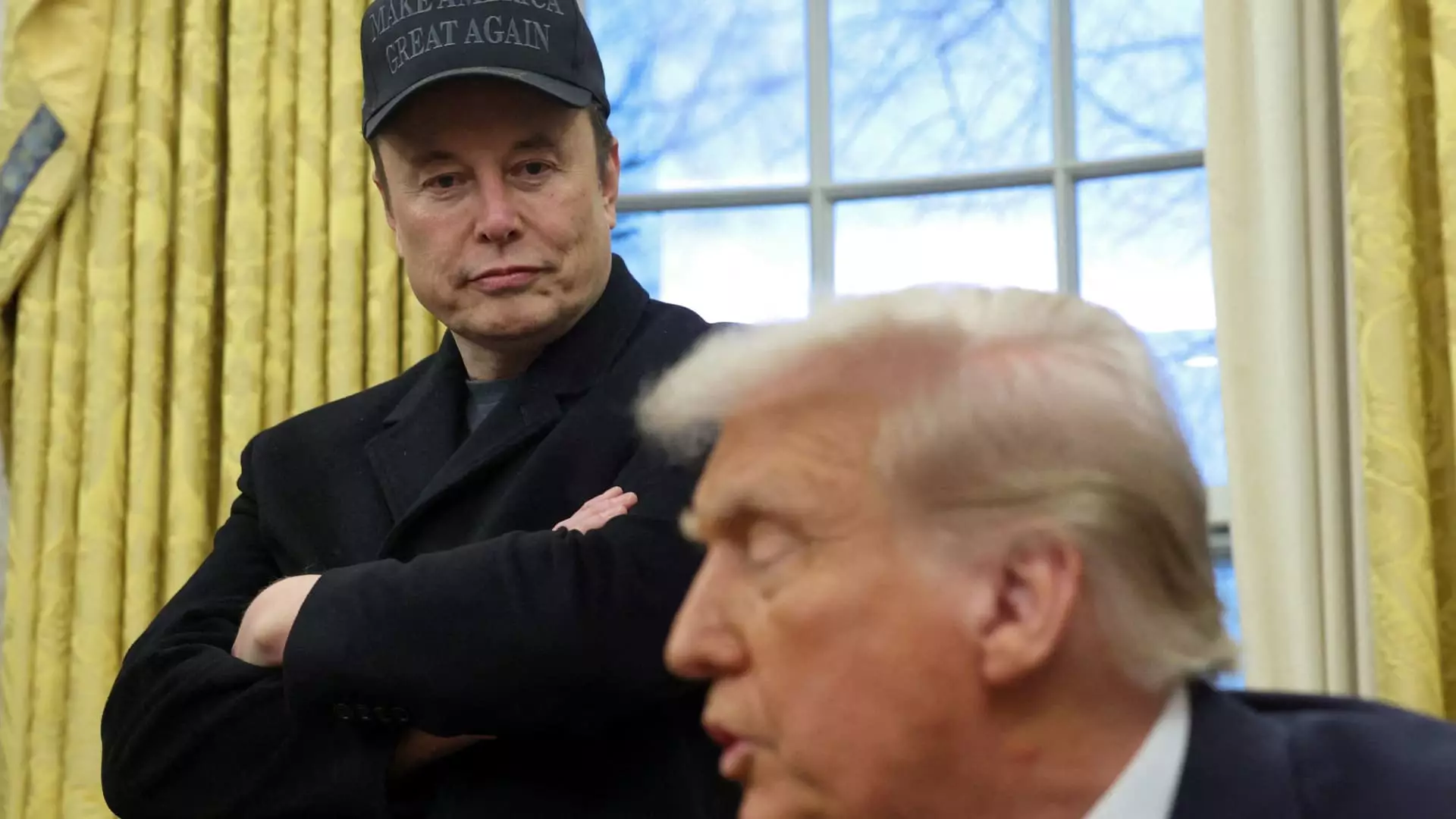The contemporary political landscape often finds its battleground in digital arenas, with social media platforms becoming the new public squares. The recent lawsuit filed by Trump Media and Rumble against Brazilian Supreme Court Justice Alexandre de Moraes encapsulates the complex dynamics between global legal jurisdictions and the right to free speech. This case highlights not only the collision of political ideologies but also the intricate relationship between tech companies and content regulation across borders.
The lawsuit emerges from a tumultuous history involving Elon Musk, who faced significant legal pushback from Brazilian authorities due to his platform, originally known as Twitter, now called X. Justice Alexandre de Moraes suspended X in Brazil, citing non-compliance with regulations regarding user content and accounts. The allegations against him assert that he has unjustly attempted to censor users associated with Rumble, a platform popular among conservative audiences. Trump Media argues that these actions represent an overreach of Brazilian judicial power into American free speech rights.
The federal court in Tampa, Florida, now has the responsibility of evaluating these claims. At the heart of the lawsuit is the assertion that any restriction on Rumble’s operations would inherently affect Truth Social, Trump Media’s social media platform. The web of interconnected businesses illustrates how digital content hosting can have repercussions that ripple across national borders.
One of the most compelling aspects of this lawsuit revolves around the principles of the First Amendment and how they apply to American companies operating internationally. Trump’s legal team argues that Justice de Moraes’ Gag Orders violate fundamental rights enshrined in the U.S. Constitution. They assert that permitting a foreign judge to suppress a user on an American platform threatens the very foundation of free expression and open debate.
The implications here are profound, as it raises questions about which nation’s laws govern online speech when platforms operate across boundaries. The Trump Media suit posits that American freedoms should not be trumped by what they characterize as extraterritorial dictates from other jurisdictions.
Complicating the legal narrative is the political backdrop of Brazil, characterized by a contentious relationship between outgoing President Jair Bolsonaro and the subsequent administration under Luiz Inacio Lula da Silva. Bolsonaro faces serious legal accusations, including charges of conspiracy and an alleged attempt to thwart a democratic transition. His connections with figures in the United States, including having met Trump, add layers of political intrigue to this legal battle.
Bolsonaro’s alleged collaboration with multiple individuals in plotting attacks on current leaders has raised eyebrows internationally, igniting debates about the intersection of politics and social media in shaping public narratives. It highlights a growing trend of misinformation and extreme rhetoric that can proliferate in the vacuum of regulatory oversight.
Rumble has carved a niche as a platform that champions conservative voices, positioning itself as a counterbalance to mainstream social networks that often face accusations of bias. The platform’s technical infrastructure is crucial for Truth Social, making Rumble a vital ally. The lawsuit’s claims focus on how actions taken against Rumble would materially harm Truth Social’s operations, further demonstrating how interconnected various platforms have become in providing alternatives to mainstream social media.
Devin Nunes, CEO of Trump Media, underscored their commitment to free speech in a recent statement. The emphasis on free expression resonates with the company’s foundational motives but also raises questions about the responsibilities that come with such proclamations. As legal fines and hurdles mount, including those resulting from governmental scrutiny and compliance issues, the challenges for Trump Media and Rumble are substantial.
The unfolding legal proceedings are paving the way for potential ramifications that extend beyond the parties directly involved. As digital spaces become increasingly important arenas for public discourse, the outcomes of this case could set significant precedents about the reach and authority of foreign judicial systems over American companies. This lawsuit brings to light the precarious balance between combating censorship and upholding robust free expression in our global digital landscape, magnifying the ongoing struggle between competing ideologies in the age of technology.


Leave a Reply